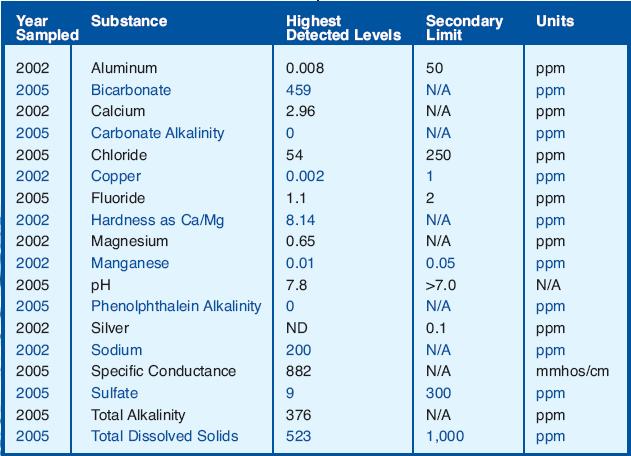Dr_Deathweed
Well-Known Member
Well I must say that my last two low gravity beers have been ahhhh, rather poor in quality. In fact, I am very close to throwing them out. Grant these were some of my first AG's but still...
#1 Oatmeal stout, got poor efficiency, OG 1.036 FG 1.010, TG 1.067, (first solo AG)tastes like I got all the black patent, but it has no body. Tasted very phenolic when I put it on tap a few months ago, so I pulled it off and let it age till now.
#2 AHS Newcastle Clone, OG 1.038 FG 1.008- tastes like bitter water with a hint of soap, efficiency wasn't great on this one either, TG was 1.046
Now I understand that my poor efficiency on these may have a LARGE part to do with this, but after putting these side by side on tap and being very disappointed, I am worried about a Ordinary Bitter I did last week, I did have 76% efficiency on that batch after making some changes to my process.
So is there a trick with low gravity beers? Or is it simply my poor efficiency that is affecting these beers? Anything I have done with an OG over 1.045 has come out well.
Thanks for your help!
#1 Oatmeal stout, got poor efficiency, OG 1.036 FG 1.010, TG 1.067, (first solo AG)tastes like I got all the black patent, but it has no body. Tasted very phenolic when I put it on tap a few months ago, so I pulled it off and let it age till now.
#2 AHS Newcastle Clone, OG 1.038 FG 1.008- tastes like bitter water with a hint of soap, efficiency wasn't great on this one either, TG was 1.046
Now I understand that my poor efficiency on these may have a LARGE part to do with this, but after putting these side by side on tap and being very disappointed, I am worried about a Ordinary Bitter I did last week, I did have 76% efficiency on that batch after making some changes to my process.
So is there a trick with low gravity beers? Or is it simply my poor efficiency that is affecting these beers? Anything I have done with an OG over 1.045 has come out well.
Thanks for your help!


 After re-reading it, I probably would have ignored it myself
After re-reading it, I probably would have ignored it myself

